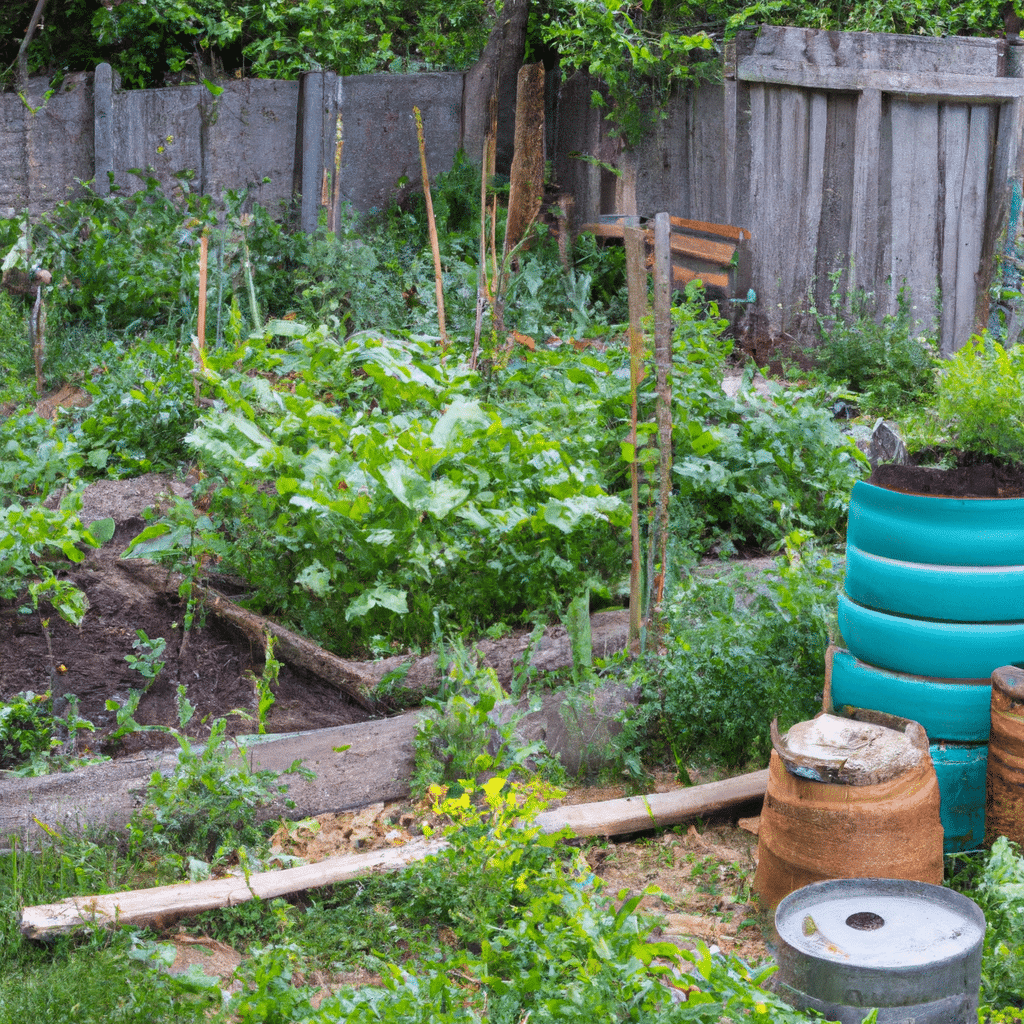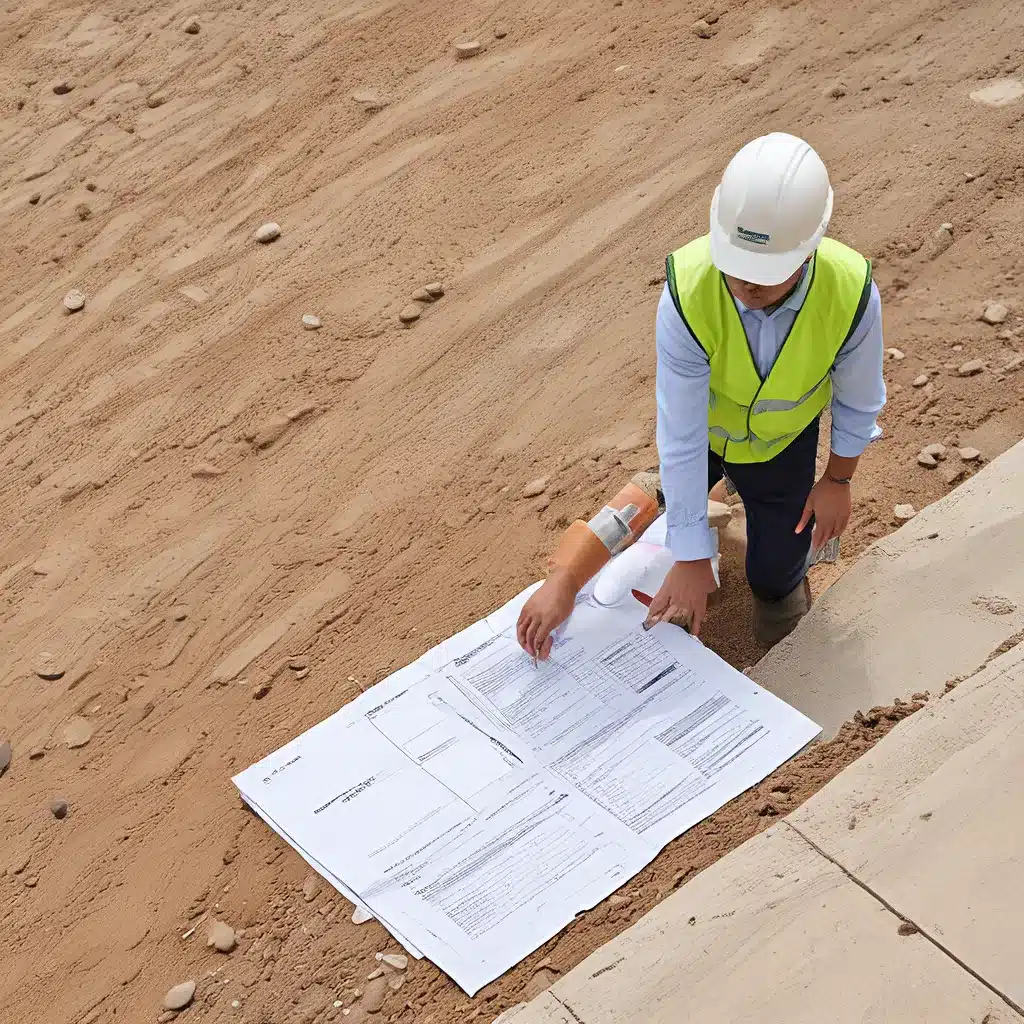Creating a sustainable garden in your backyard is not only an excellent way to grow your own fresh produce, but it’s also a great way to reduce your carbon footprint and live a more eco-friendly lifestyle. By using sustainable gardening practices, you can create a beautiful and bountiful garden while minimizing your impact on the environment. In this article, we’ll cover everything you need to know to get started with sustainable gardening in your backyard.

What is Sustainable Gardening?
Sustainable gardening is a way of growing plants that minimizes the impact on the environment. It involves using organic and natural practices to create a self-sustaining ecosystem that supports plant growth without the use of harmful chemicals. Sustainable gardening practices include composting, using natural fertilizers, planting native species, conserving water, and promoting biodiversity.
Benefits of Sustainable Gardening
There are many benefits to sustainable gardening, both for the environment and for your own health and well-being. Some of the key benefits include:
- Reducing your carbon footprint: Sustainable gardening practices reduce the amount of energy and resources needed to grow your own food.
- Improving soil health: By using organic and natural practices, you can improve soil health and fertility, which leads to healthier plants and better yields.
- Promoting biodiversity: Sustainable gardening practices promote biodiversity by supporting a wide range of plant and animal species in your backyard.
- Reducing water usage: By using water-efficient practices, such as drip irrigation and mulching, you can reduce your water usage and conserve this precious resource.
- Improving air quality: Plants absorb carbon dioxide and release oxygen, which improves air quality and helps to mitigate climate change.
Getting Started with Sustainable Gardening
If you’re new to sustainable gardening, getting started can seem overwhelming. However, by following a few simple steps, you can create a sustainable garden that is both beautiful and productive.
Step 1: Plan Your Garden
The first step in creating a sustainable garden is to plan your garden. Consider the layout of your backyard, the amount of sunlight and shade, and the type of soil you have. Choose plants that are well-suited to your climate and soil type, and consider planting native species that are adapted to your local ecosystem.
Step 2: Build Healthy Soil
Healthy soil is the foundation of a sustainable garden. Start by testing your soil to determine its pH and nutrient levels. Then, add organic matter such as compost, manure, or leaf litter to improve soil fertility and structure. Avoid using synthetic fertilizers or pesticides, which can harm beneficial soil organisms and contribute to pollution.
Step 3: Conserve Water
Conserving water is an important part of sustainable gardening. Use water-efficient practices such as drip irrigation, mulching, and rainwater harvesting to reduce your water usage. Choose plants that are adapted to your local climate and require less water, and avoid overwatering.
Step 4: Plant Native Species
Planting native species is an important part of promoting biodiversity in your backyard. Native plants are adapted to your local ecosystem and provide habitat for a wide range of birds, insects, and other wildlife. They also require less water and maintenance than non-native species.
Step 5: Practice Natural Pest Control
Instead of using harmful pesticides, practice natural pest control methods such as companion planting, crop rotation, and handpicking pests. Encourage natural predators such as birds and beneficial insects to control pest populations.
Conclusion
Creating a sustainable garden in your backyard is an excellent way to grow your own fresh produce while minimizing your impact on the environment. By using sustainable gardening practices such as composting, natural fertilizers, and promoting biodiversity, you can create a beautiful and productive garden that supports the health of your local ecosystem. Follow the steps outlined in this article to get started with sustainable gardening today!
Related posts:
No related posts.




